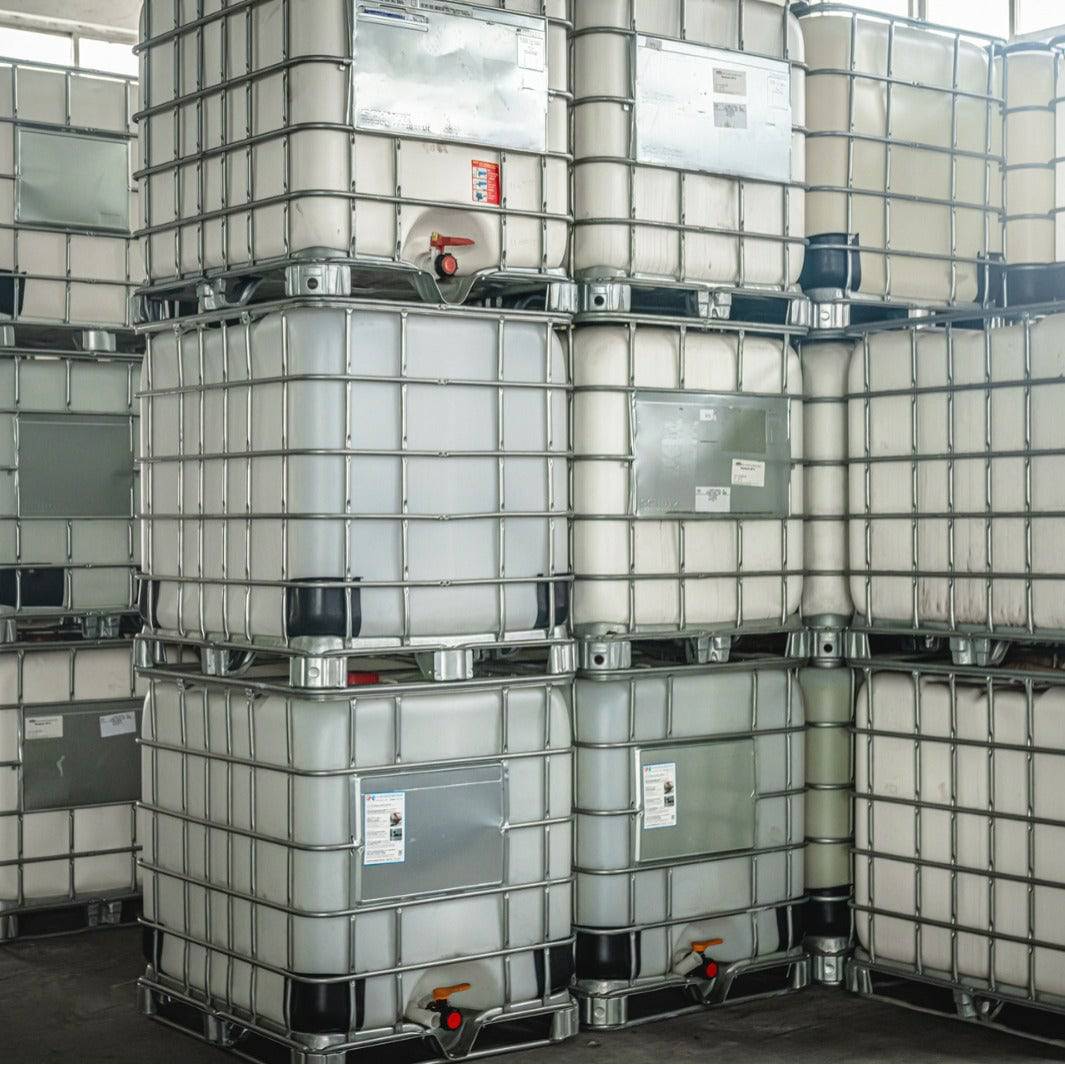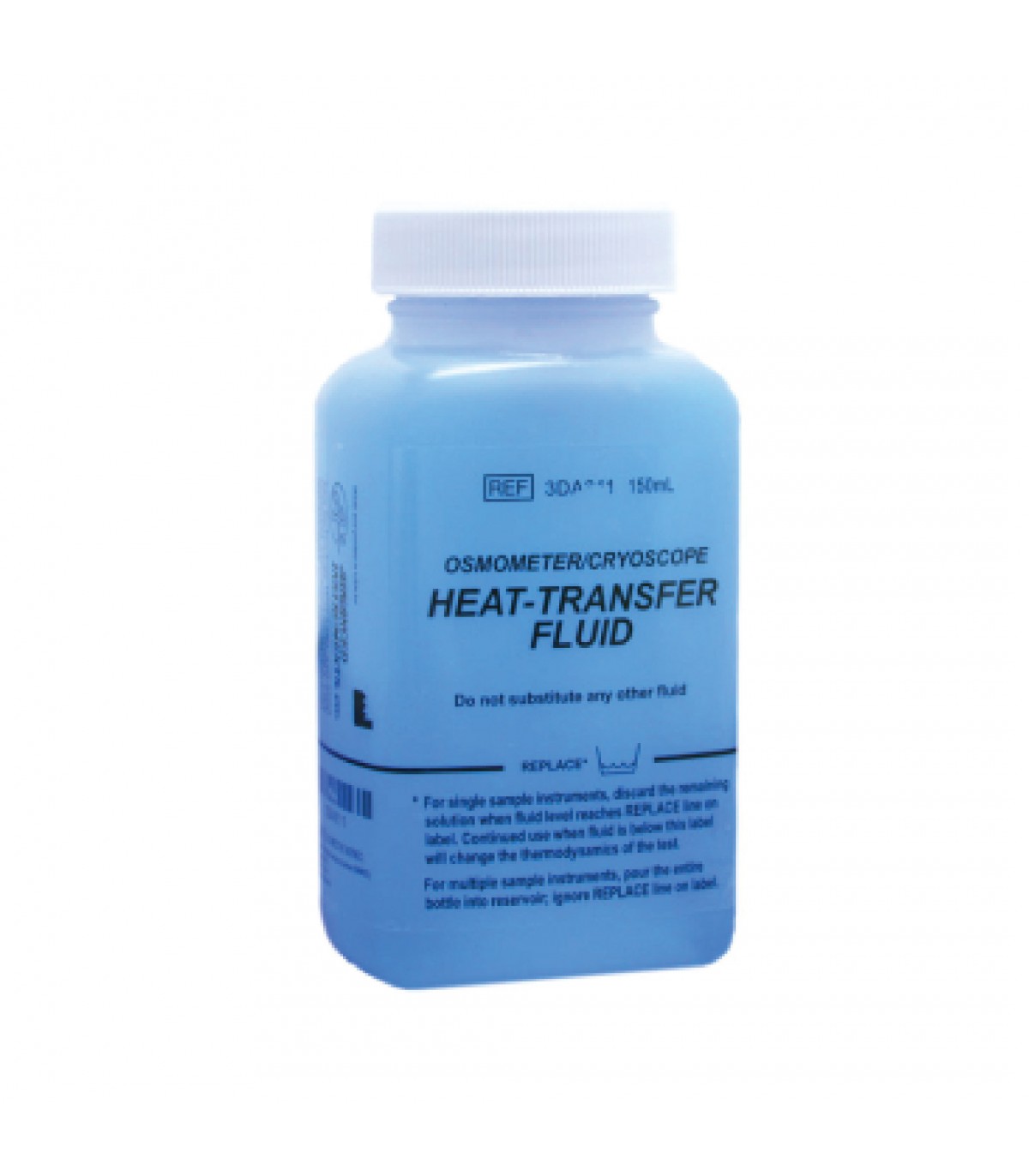Why Routine Maintenance of Heat Transfer Fluid is Essential for System Long Life
Why Routine Maintenance of Heat Transfer Fluid is Essential for System Long Life
Blog Article
How Heat Transfer Liquid Adds To Sustainable and Cost-efficient Workflow
In the contemporary industrial landscape, the duty of warm transfer fluids (HTFs) in promoting lasting and affordable operations can not be overemphasized. These fluids are crucial in enhancing thermal management systems, therefore considerably enhancing power efficiency and reducing functional costs. The ecological benefits of sophisticated HTFs, with their high thermal stability and low toxicity, are undeniable. They not only extend system durability yet likewise add to the reduction of dangerous emissions. The real possibility of HTFs is realized with the thorough selection process, making certain compatibility and safety. However what aspects should lead this vital selection?
Understanding Heat Transfer Fluids
In the realm of thermal management, warmth transfer fluids (HTFs) serve as important representatives for transferring thermal energy from one location to an additional. These liquids play a critical role in numerous industrial applications, including chemical handling, power generation, and A/c systems.
The composition of warmth transfer fluids can differ dramatically, including alternatives such as mineral oils, synthetic oils, glycols, and molten salts. Each kind uses distinct benefits, such as enhanced thermal security, low thickness, and high boiling points, which are chosen based on certain operational demands. The choice of HTF influences not only the effectiveness of warmth transfer however additionally the durability and safety and security of the system in which it is utilized.
As markets remain to introduce, the growth of advanced HTFs, identified by their improved thermal conductivity and decreased ecological impact, is important for satisfying the needs of modern-day thermal management difficulties.

Enhancing Power Efficiency

Improving power performance has actually become a critical issue across various industries, prompting a closer examination of heat transfer fluids' duty in optimizing thermal management systems. These liquids are indispensable to keeping the wanted temperature level in procedures, therefore minimizing power waste and boosting overall system efficiency. By choosing a suitable warm transfer fluid, industries can substantially enhance their energy performance, resulting in reduced energy consumption.

Advanced formulas of heat transfer fluids have actually been created to stand up to extreme temperature levels while preserving stability and efficiency. These innovations expand the operational lifespan of the liquid, decreasing the frequency of substitutes and energy-intensive maintenance tasks. Moreover, making use of artificial or bio-based liquids offers added benefits in terms of minimized environmental impact, straightening with worldwide sustainability goals. Enhancing energy performance through optimum warm transfer fluid choice is not just a technical necessity however also an ecological vital.
Reducing Operational Costs
Operational expenses are a substantial factor to consider for industries seeking to preserve affordable benefit, and the selection of warmth transfer liquid plays an important function in you could look here price monitoring. Picking an appropriate heat transfer fluid can result in considerable expense financial savings by boosting system efficiency and reducing energy consumption. High-performance fluids lessen thermal destruction, which subsequently reduces the frequency of liquid substitute and downtime connected with maintenance, consequently lowering operational expenses.
Furthermore, warm transfer fluids with premium thermal stability and rust resistance extend the life-span of tools. This minimizes the requirement for frequent repair services and replacements, which can be costly and disruptive to operations. By investing in top notch liquids, markets can accomplish long-term reductions in upkeep prices and boost the dependability of their systems.
Furthermore, progressed warm transfer liquids frequently display reduced thickness at operating temperatures, which boosts pump efficiency and decreases power use in liquid circulation. Numerous contemporary warmth transfer fluids are crafted to operate successfully over a vast temperature array, reducing the requirement for several liquid types, consequently simplifying supply requirements and reducing associated expenses.
Environmental Impact Reduction
The push towards minimizing ecological effect has actually navigate here gotten energy in sectors leveraging warmth transfer liquids. Heat transfer liquids (HTFs) play an important duty in this shift, providing opportunities to boost energy effectiveness and decrease emissions - heat transfer fluid.
In addition, the usage of advanced warmth transfer liquids adds to enhanced system performance, minimizing the overall power consumption. This reduction not just leads to price financial savings yet also decreases carbon dioxide emissions, helping in the fight versus climate adjustment. Fluids that are eco-friendly and recyclable better improve sustainability efforts, as they decrease waste and promote round economic climate practices.
In addition, incorporating HTFs right into closed-loop systems avoids fluid loss and contamination of the surrounding setting. This technique ensures that liquids are recycled, decreasing the need for brand-new resources and restricting waste generation. By welcoming these environmentally mindful strategies, markets can considerably lessen their ecological effect while keeping high operational effectiveness, straightening with global sustainability goals and governing demands.
Picking the Right HTF
Selecting the proper warmth transfer fluid (HTF) is a vital step in progressing ecological sustainability within industrial processes - heat transfer fluid. A perfect HTF needs to have a high thermal capability, reduced thickness, and high thermal conductivity to make certain reliable warmth transfer.
When picking an HTF, it is necessary to consider its compatibility with system materials to a knockout post stay clear of deterioration and chain reaction. This makes sure durability and decreases maintenance costs. The fluid should be safe and biodegradable, lessening its ecological impact and making sure compliance with environmental policies. The lifecycle cost of the HTF, incorporating purchase, operation, and disposal, need to likewise be evaluated to make certain economic usefulness.
Verdict

Report this page